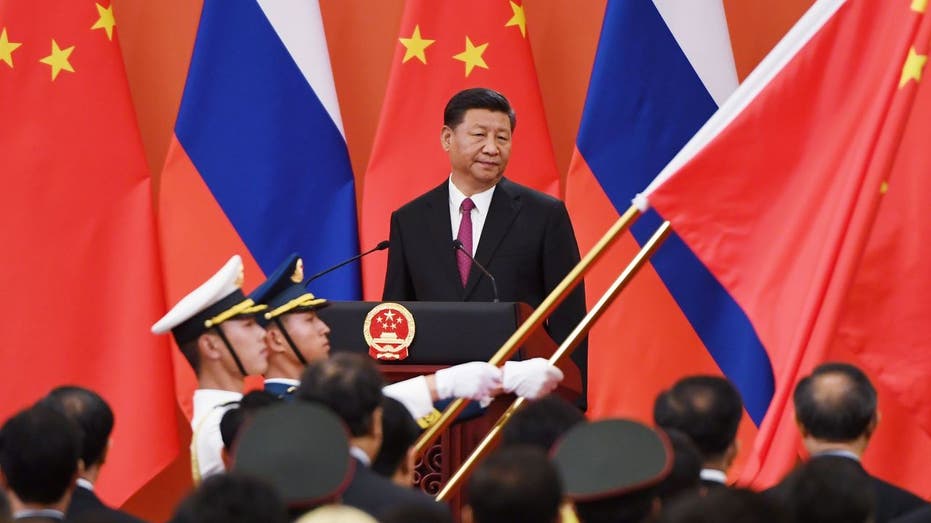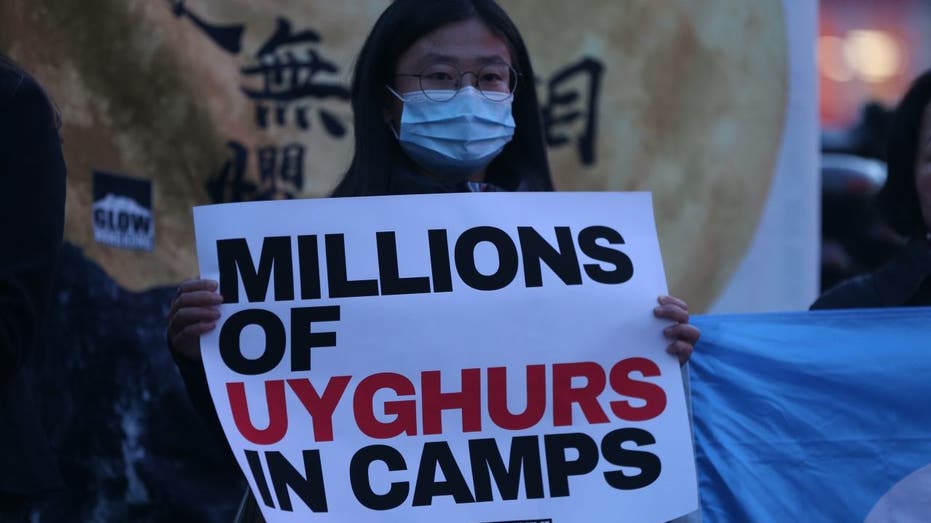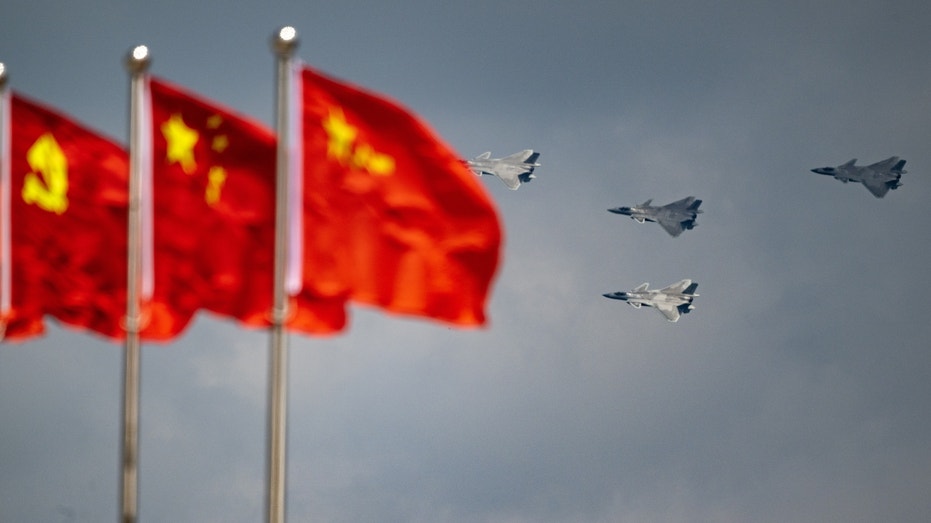Eric Revell
Atlas Organization founder Jonathan D.T. Ward reacts to FBI Director Christopher Wrays warning over Chinas threat to U.S. national and economic security and a report of Chinese companies with Iranian ties present in U.S. markets.
A group of five U.S. venture capital firms’ investments in Chinese companies focused on artificial intelligence (AI), critical technologies like semiconductors or with links to either China’s military or its surveillance state and genocide in Xinjiang were the focus of a new report by a House panel.
The bipartisan House Select Committee on Strategic Competition between the United States and the Chinese Communist Party unveiled its new investigation into the five firms which found they invested at least $3 billion in such Chinese companies and provided expertise or other benefits to them.
The five firms used by the select committee as case studies in the report were GGV Capital, GSR Ventures, Qualcomm Ventures, Sequoia Capital China and Walden International. The investigation found those firms invested over $1.9 billion in Chinese AI companies that support the CCP’s human rights abuses and military, plus at least $1.2 billion in China’s semiconductor sector that the panel said "advance the CCP’s military, genocidal, and techno-totalitarian ambitions."
"The Committee’s findings suggest that there are billions of dollars beyond those captured in this report that have flowed into [People’s Republic of China] companies that support the PRC’s military, digital authoritarianism, and efforts to develop technological supremacy and undermine American technological leaders," lawmakers wrote in the report.

A group of five U.S. venture capital firms invested over $1.9 billion in Chinese AI firms linked to the CCP's repression and China's military.
"The status quo is untenable… Decades of investment – including funding, knowledge transfer, and other intangible benefits – from U.S. VCs have helped build and strengthen the PRC’s priority sectors," they added.
The five VC firms provided information to the committee and senior executives at "multiple firms" were interviewed by the panel. The report noted that some of the VCs have divested from certain investments – although some of the VC firms "have not divested their investments into PRC companies linked to the [People’s Liberation Army (PLA)] or human rights abuses."
"Several of the VCs the Committee investigated stressed that their investments in the PRC were made ‘during an era of optimism that lasted about 15 years.’ Sequoia, for example, told the Committee that its entry into the PRC ‘coincided with expressed government policies and public positions in the U.S. that encouraged businesses to invest in the region,’" lawmakers wrote.
The committee found that "multiple" U.S. VC firms were apprehensive about cooperating with the investigation "because of the fear of pressure from the PRC government and the CCP." The CCP recently updated an espionage law that gave the government broad powers to treat materials related to national security as state secrets, as well as raiding U.S. companies in the country and imposing exit bans on executives, including foreigners, who traveled there.
One company told the panel that its "PRC personnel were ‘scared to death’ about providing basic fund information" because of possible repercussions. A representative for the firm said that in one case, a client who was a general partner "had disappeared – and re-appeared in a PRC prison."

The Chinese government uses AI to further the persecution and genocide of the Uyghur Muslim minorities in Xinjiang.
Two of the VC firms, Sequoia Capital and GGV, split their China funds into separate legal entities in 2023 after the funds had operated in an interlinked manner. GGV, Sequoia Capital China and Qualcomm Ventures invested in several Chinese AI firms that were included in the Chinese government’s "national team" in 2017 that was formed to advance the country’s AI development.
The CCP uses AI to enhance "social governance" and "public security," which takes the form of censorship and surveillance. For example, in the Xinjiang region, "the CCP uses facial recognition, biometric surveillance, and other AI-powered technologies to perpetrate genocide against Uyghurs and commit other human rights abuses against targeted populations."

TikTok's China-based parent company ByteDance is one of the firms that received investment from U.S. venture capital firms.
The report found that GGV, Qualcomm Ventures, Sequoia Capital China and Walden International made investments worth over $130 million into Chinese AI firms that have been blacklisted by the U.S. for supporting the CCP’s genocide and human rights abuses. Those VC firms plus GSR invested about $154 million in AI companies supporting the People’s Liberation Army or its contractors.
Sequoia Capital and Sequoia Capital China invested about $1.4 billion in ByteDance, with GGV investing $600,000. ByteDance is the parent company of social media app TikTok, which the U.S. government is considering banning due to national security concerns.
The company is negotiating with the Committee on Foreign Investment in the U.S. about a potential divestment or restructuring that would allow the app to continue to operate in the U.S. The company has worked with several companies implicated in the Uyghur genocide and the PLA’s AI initiatives in defense, as well as spreading propaganda about the Xinjiang region, the report said.

The People's Liberation Army and its contractors have used AI to advance China's military modernization.
Chairman Mike Gallagher, R-Wisc., and Ranking Member Raja Krishnamoorthi, D-Ill., recommended that the U.S. should immediately move to restrict outbound investment in entities that have been sanctioned or red-flagged by the U.S. government for ties to the People’s Liberation Army or to forced labor and genocide.
They also called for the U.S. to implement more sector-based outbound investment restrictions in areas related to China’s critical and emerging technologies, military capabilities, and human rights abuses that build on those established through recent executive actions targeting Chinese AI, semiconductor and quantum computing firms.
No comments:
Post a Comment